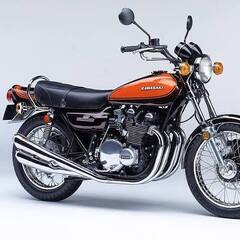How much better is 80+ gold than bronze?
-
Featured Topics
-
Topics
-
0
-
0
-
Xyd9 ·
Posted in Linux, macOS and Everything Not-Windows2 -
1
-
3
-
4
-
EzioWar ·
Posted in CPUs, Motherboards, and Memory7 -
ClumsyMonster244 ·
Posted in Troubleshooting1 -
VirusDumb ·
Posted in Looking For Group0 -
Gat Pelsinger ·
Posted in Linux, macOS and Everything Not-Windows4
-








.thumb.jpg.ab6821c090888206ddcf98bb04736c47.jpg)







Create an account or sign in to comment
You need to be a member in order to leave a comment
Create an account
Sign up for a new account in our community. It's easy!
Register a new accountSign in
Already have an account? Sign in here.
Sign In Now